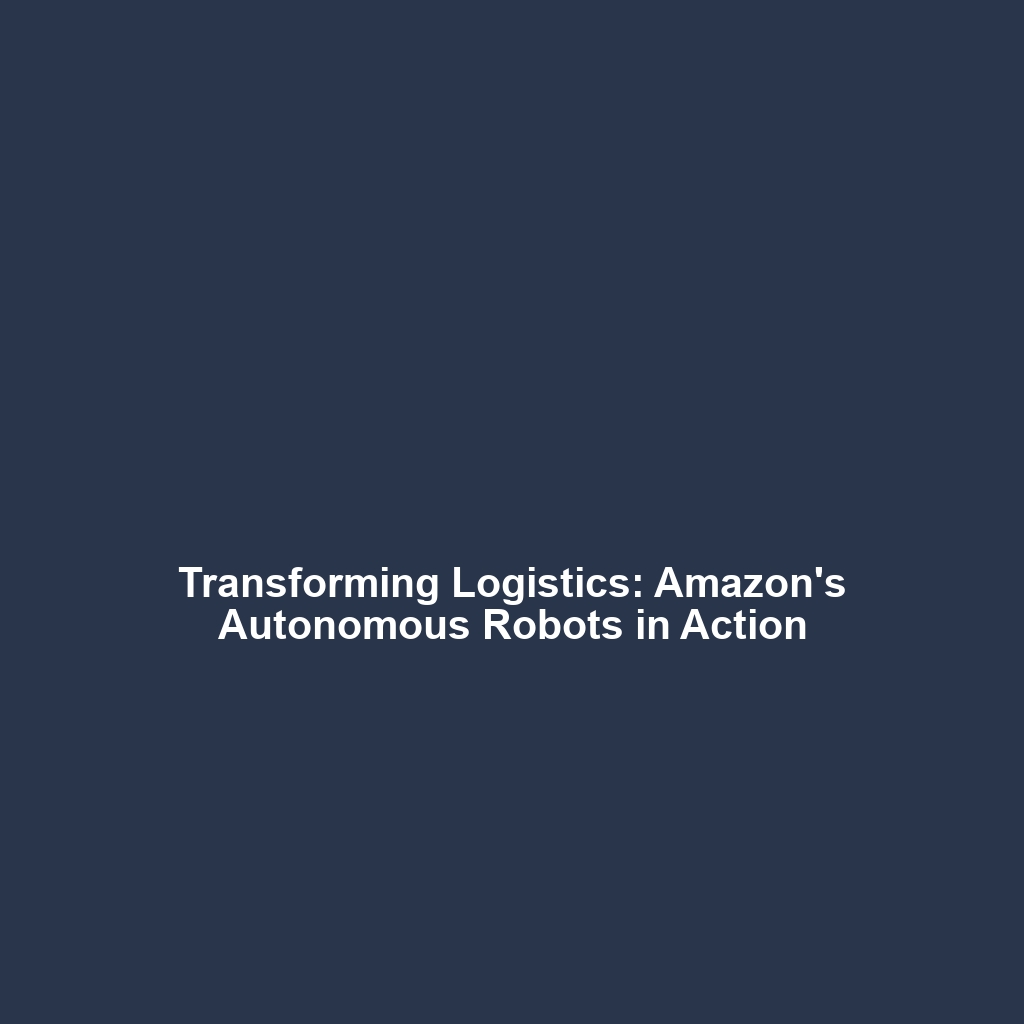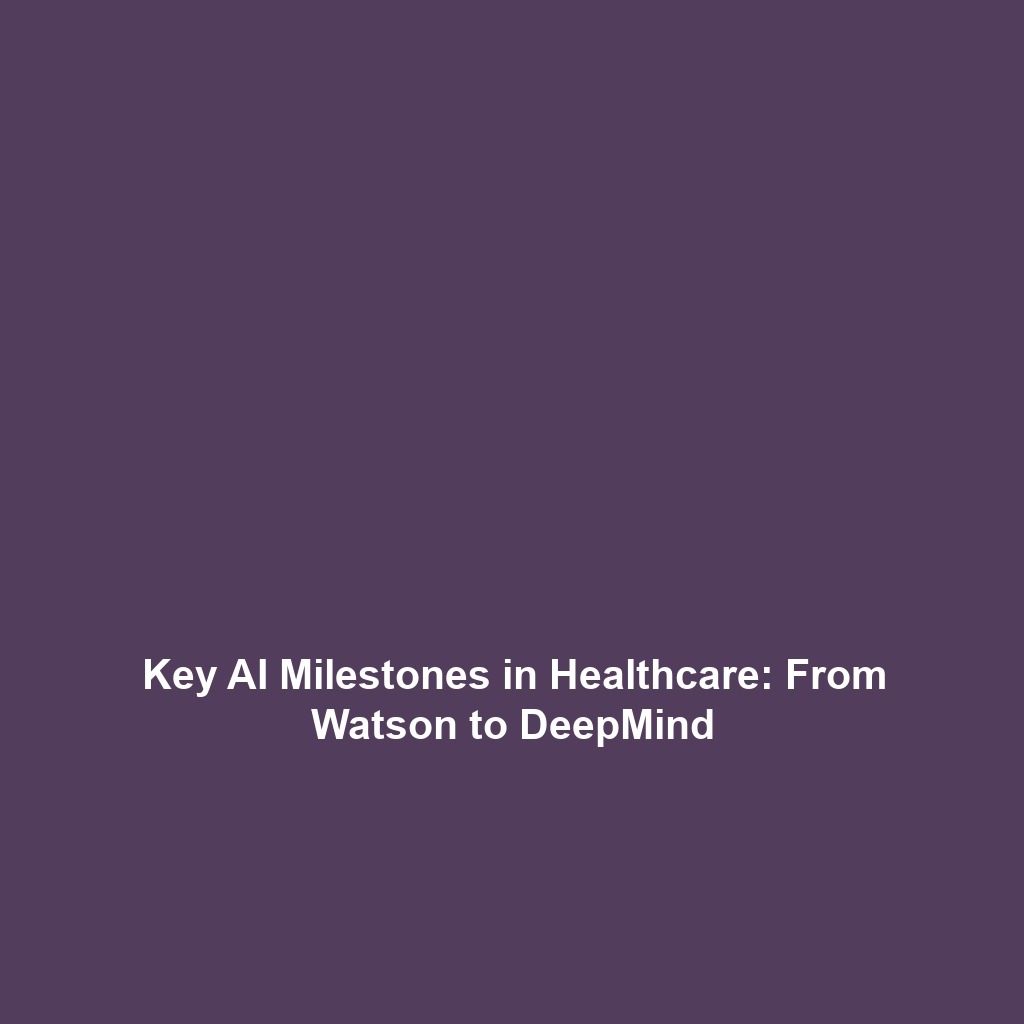AI’s Role in Analyzing Patient Records to Identify Trends and Improve Clinical Workflows
Introduction
The integration of artificial intelligence (AI) into the healthcare sector has been transformative, particularly in the analysis of patient records. By utilizing advanced algorithms and data processing techniques, AI can identify trends that enhance clinical workflows. This capability not only streamlines healthcare operations but also facilitates personalized patient care. The significance of AI in analyzing patient data extends beyond operational efficiency; it contributes to improved patient outcomes and supports informed decision-making among healthcare professionals.
Key Concepts
Understanding AI in Healthcare
The field of AI in Healthcare encompasses various technologies, from machine learning to natural language processing, each playing a vital role in interpreting vast amounts of patient data. Below are key concepts associated with AI’s role in this domain:
- Data Mining: Extracting patterns and insights from large datasets.
- Predictive Analytics: Utilizing historical data to forecast future health outcomes.
- Clinical Decision Support Systems (CDSS): Tools that assist healthcare providers in making informed clinical decisions based on real-time data analysis.
Applications and Real-World Uses
AI’s role in analyzing patient records has led to numerous practical applications that exemplify its value in improving clinical workflows. Here are some prominent examples:
- Predictive Healthcare: AI algorithms predict patient deterioration by analyzing historical health data, which helps in timely interventions.
- Streamlined Administrative Tasks: AI automates appointment scheduling and data entry, freeing up healthcare professionals for direct patient care.
- Trend Identification: AI identifies emerging health trends by analyzing vast data sets, assisting public health officials in addressing potential outbreaks.
Current Challenges
Despite the advancements, there are notable challenges in the application of AI in analyzing patient records:
- Data Privacy: Ensuring patient confidentiality while leveraging sensitive health data for analysis.
- Integration Issues: Difficulty in integrating AI systems with existing healthcare infrastructure.
- Algorithm Bias: Potential biases in algorithms that could lead to unequal treatment outcomes.
Future Research and Innovations
The future of AI in healthcare is promising, with several innovations on the horizon aimed at enhancing patient care:
- Next-Gen Algorithms: Development of more sophisticated algorithms capable of real-time data processing.
- Personalized Medicine: Use of AI to tailor treatments based on individual patient data.
- Wearable Technology Integration: Enhanced AI tools that analyze data from wearables for proactive healthcare management.
Conclusion
In summary, AI plays a pivotal role in analyzing patient records to identify trends and improve clinical workflows, ultimately enriching the healthcare landscape. As technological innovations continue to emerge, the potential for AI to transform patient care is significant. For healthcare professionals and decision-makers, embracing these advancements is crucial. To learn more about the impact of AI in healthcare, visit our related articles section or explore further resources.

